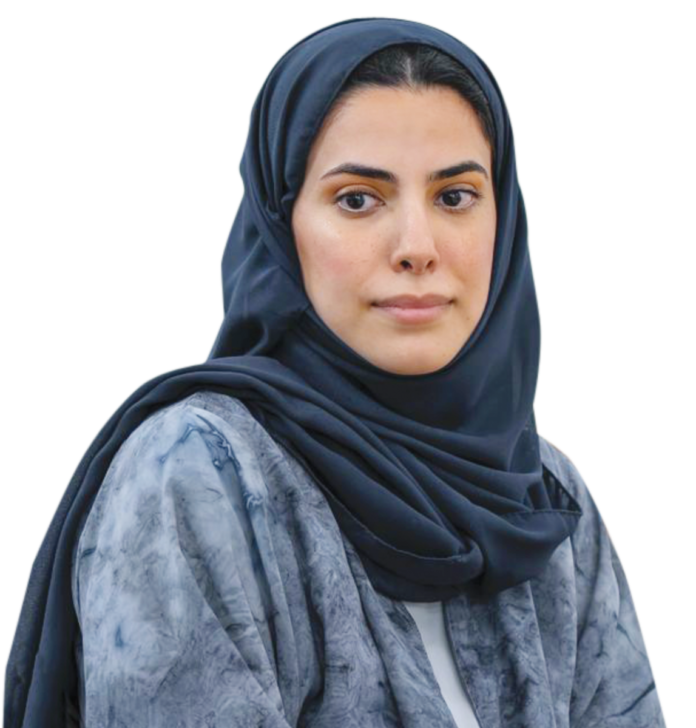A fresh wave of young Saudi writers continues to redefine the literary scene in the Kingdom. Through creative storytelling and bold themes, these authors reshape how Saudi culture appears in books and media. As a result, Saudi literary transformation gains strength across generations.
During a recent forum for young writers, authors under 35 gathered to share ideas and experiences. Many discussed their journeys and the changes shaping Saudi literature today. The group explored topics such as science fiction, fantasy, cultural symbolism, and future-focused narratives.
Author Linah Alshaalan expressed strong hope for new writers. According to her, the current publishing moment offers countless opportunities. In her view, Saudi literary transformation now includes futuristic and science-driven stories that continue to honor local identity.
Alshaalan published her debut novel through a Ministry of Culture initiative. The book explores themes of artificial intelligence and cultural legacy. Soon after its release, it earned a nomination for a film adaptation, an experience that boosted her confidence in the Kingdom’s creative support.
Additionally, she emphasized how storytelling now reflects modern Saudi identity. For example, symbols like the camel and palm tree no longer stay rooted in the past. These elements, she said, now appear in future worlds to proof that authors write Saudi culture forward, not backward.
Generation Z, Alshaalan noted, shows remarkable honesty and creative courage. Young readers want stories that feel real and unfiltered. Rather than follow elitist traditions, they embrace sincerity and clear emotion. As a result, many authors today craft narratives that speak more directly to modern audiences.
In today’s digital age, young readers shape literary trends with their strong online presence. Their influence now drives public taste and author success. Alshaalan emphasized that authenticity plays the biggest role in writing today. To truly connect with readers, authors must write from the heart.
Despite this momentum, several challenges still exist. Alshaalan highlighted the lack of legal protections for new authors. She urged clearer publishing rules and fairer contracts. Many first-time writers, she added, feel uncertain when reviewing agreements with publishers.
Artificial intelligence also introduces new tools to the creative space. While AI can assist during planning, Alshaalan warned against overreliance. She believes strong writers still depend on emotion, not automation. Only humans, in her view, bring real meaning to storytelling.
Raad Aleid, founder of the Saudi Young Writers Forum, echoed many of her views. He pushed for more global recognition for Saudi authors and urged greater efforts in translation. Expanding international access, he said, is key to growth.
Moreover, Aleid suggested that foreign authors could write about Saudi Arabia to build literary bridges. He also called for clear laws to govern AI in creative fields. According to him, Saudi literary transformation needs both ethical awareness and legal guidance.
Today, Saudi literary transformation reflects the Kingdom’s cultural vision and future goals. As young voices rise, the literary world grows more diverse, more inclusive, and more connected to what comes next.


